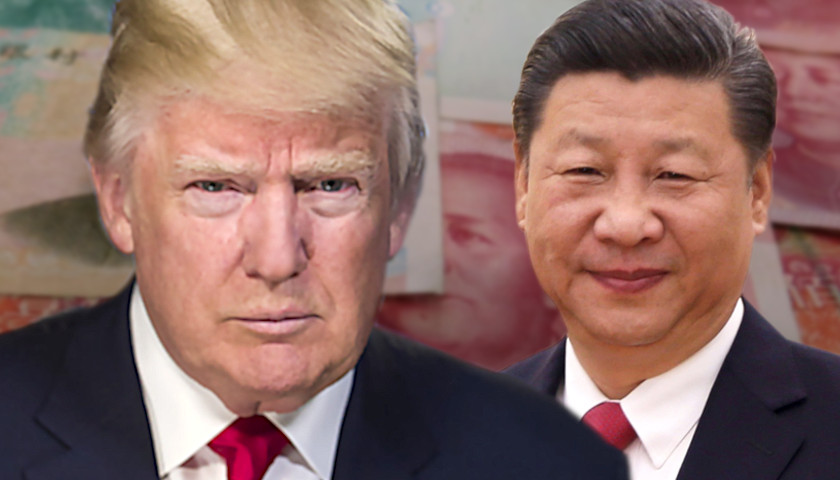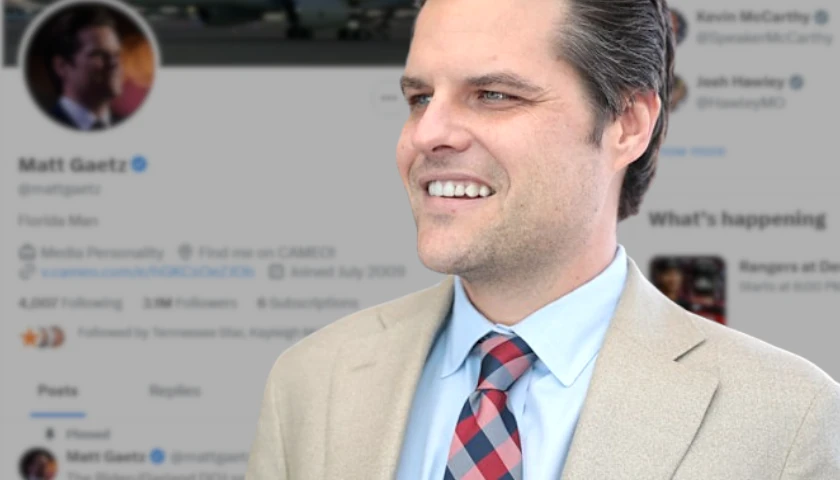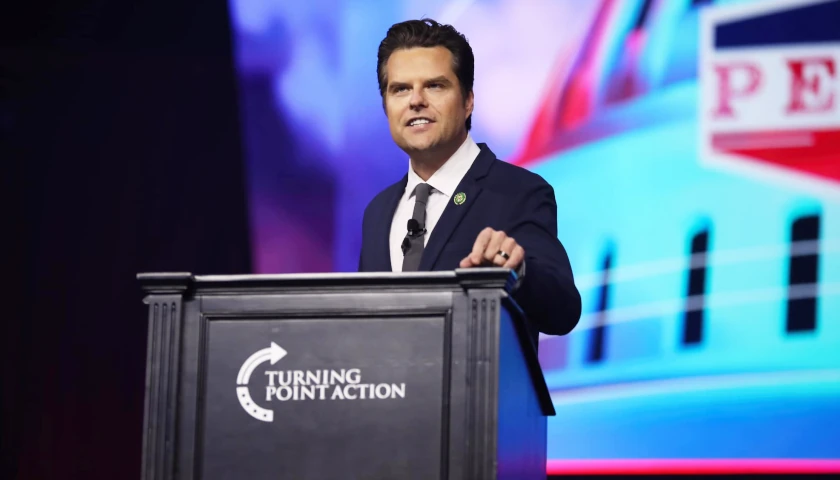by Jonathan M. Reck
These decisive words from Donald Trump’s 2017 inaugural speech will shape American political discourse for decades to come:
The establishment protected itself, but not the citizens of our country.
Their victories have not been your victories; their triumphs have not been your triumphs; and while they celebrated in our nation’s capital, there was little to celebrate for struggling families all across our land.
That all changes—starting right here, and right now.
The words conveyed during that speech stunned many. It represented a turning point: a focus away from a two-tiered system that benefitted an elite class selling American interests abroad and toward the empowerment of American individuals to create prosperity for themselves in a new era. This marked the Trump presidency: a resolve to cease the excessive concessions made globally and focus on addressing domestic needs and creating opportunity for Americans within the United States.
Ask the more than 74 million voters who supported Trump on November 3 if their standard of living has been raised and no doubt the answer will be a decisive “yes.” This period was marked with a pronounced increase in individual entrepreneurship, record low unemployment (especially among minority communities), and increased personal wealth due to tax reforms.
Yet despite these and many other achievements, one matter remains strangely unresolved at this point: China’s $2 trillion debt to Americans from unpaid defaulted sovereign bonds. What remains unresolved at the conclusion of Trump’s first term is that China has recklessly borrowed massive financial sums during the 20th century from Western countries via sovereign bonds and has refused to repay Americans in particular.
According to Jonna Bianco, president of the American Bondholders Foundation, over 20,000 families are holders of bonds issued by China in the early 20th century. From 1912 well into the 1930s Americans earnestly invested in the sovereign bonds issued by the Republic of China. Those bonds enabled the critical infrastructure built on the Chinese mainland that enabled China to enter the modern era.
China would not be the second largest economy in the world today were it not for these bonds.
American optimism was the impetus behind these investments. They were seen as opportunities to build a mutually beneficial trade partnership that could be a means of securing peaceful relations. These bond issuances ranged in nine-figure realms of nominal dollar amounts of that era, which were staggering sums at the time. It should be noted that the bonds were usually set at a 5 percent interest rate and were pegged to the price of gold—which corresponds to an astronomical sum in their net present value today.
China ceased repayment toward these debts in 1938 after the Japanese military invaded Manchuria. Upon the Cultural Revolution, the People’s Republic of China refused to acknowledge responsibility for the debt, despite the internationally recognized law of state succession which holds new governments responsible for the debts of previous governments (consider, for example, how Russia made its final repayment for Soviet-era debts in 2017).
It wasn’t until 1987 that British bondholders would be reimbursed: under Margaret Thatcher’s leadership, the UK required China to repay British bondholders or else China would forgo access to British financial markets. Putting the interests of British bondholders first, Thatcher was able to secure just repayment for debts long unpaid by a defaulted China. Having paid the UK, China has acknowledged responsibility for the debt, but now remains in a state of selective default as Americans remain unpaid.
If Trump seizes this opportunity and works with the American Bondholders Foundation to effect this transaction that is readily available to him—i.e., transferring ABF’s holdings of Chinese bonds into the possession of the U.S. government and then clearing China’s U.S. Treasury holdings—the following benefits will be made immediately available to the American people.
1) The United States would no longer be indebted to what the director of national intelligence identifies as its greatest existential threat.
2) The money saved from interest payments alone on China’s U.S. Treasury holdings—a whopping $72 million accrued daily—can be shifted away from paying China and directed toward targeted domestic purposes (i.e., deficit reduction, stimulus efforts, etc).
3) The nearly $1.1 trillion in U.S. Treasury debt owned by China that the United States is obligated to service would be stricken from the U.S. debt outstanding, thereby improving the balance sheet of the U.S. government. The bonds held by the American Bondholders Foundation on behalf of the 20,000 American Bondholders would be assigned—at a significant discount—to the U.S. Treasury. In effect, the U.S. government would erase its nearly $1.1 trillion in U.S. Treasury debt for pennies on the dollar.
4) Tens of thousands of American families who are bondholders and represented by the American Bondholders Foundation would be justly compensated. This transfer of resources would be a stimulus to the U.S. economy without the need for Congressional approval and the creation of additional fiat currency via unrestrained fiscal policy.
5) The massive capital gains derived from the compensation of bondholders would provide additional resources which the U.S. Government can allocate as it deems most productive.
6) The transaction would communicate that American interests are at the forefront of the Trump Administration’s priorities and that sovereign debt to which other nations are obliged must be repaid to the United States.
Trump’s time in office grows short. Should he seize this brief moment of opportunity successfully, it would mark a historic turning point for achieving an America First strategy toward China and it would be a crowning achievement of Trump’s short-lived tenure. If he heeds the guidance of some of his advisors—who perhaps wish not to disrupt their own financial interests in China—then a failure to address China’s outstanding debts to Americans would mark a massive missed opportunity and would empower China to continue to benefit from unpaid debts for which it is not held accountable.
The time is now to resolve to rectify what no other American president has had the courage to address.
Let’s hope he makes the right choice in the time he has left in the White House and puts Americans first.
– – –
Jonathan M. Reck is a freelance writer whose work appears at The National Pulse.





